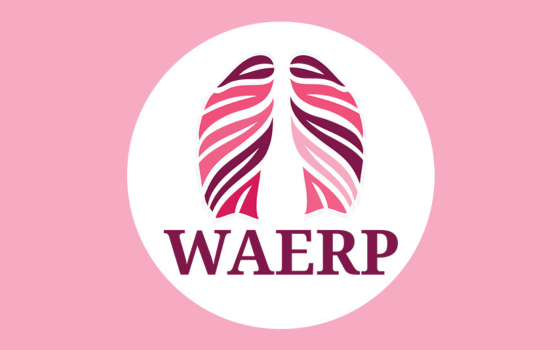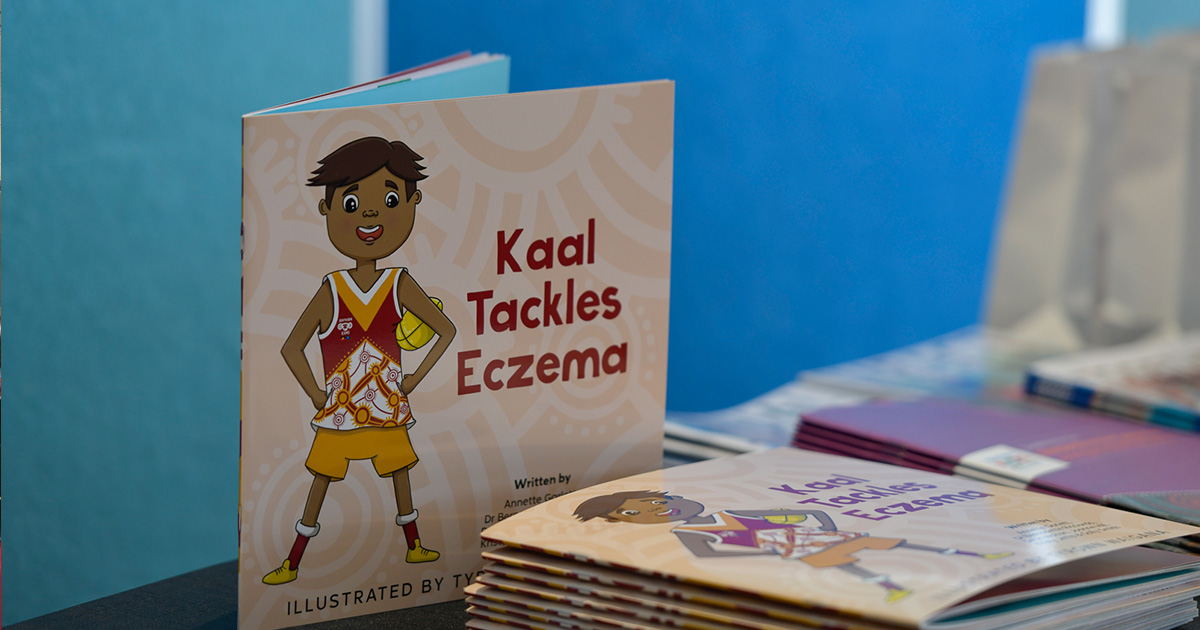Search
Showing results for "A"

The Australian Epithelial Research Program (WAERP) comprises of several parties, including our Chief Investigators, Compliance, Scientific and Clinical Teams, and our Student group.
Parents may be concerned that social media is teaching their children that they’re not good enough because of the impossible standards which are set.
Research
Second-level hospital health professionals' attitudes to lesbian, gay, bisexual and transgender parents seeking health for their childrenThe aim was to assess health professionals' knowledge, attitudes and beliefs regarding lesbian, gay, bisexual and transgender parents accessing healthcare.
Research
The placenta and neurologic and psychiatric outcomes in the child: Study design mattersMuch information exists about functions of the human placenta and about potential mechanisms by which the placenta may influence human health or disease...
Research
The hygiene hypothesis revisited: role of materno-fetal interactionsFor 20 years, the hygiene hypothesis has dominated attempts to explain the increasing prevalence of allergic disease. A causal link between maternal innate immu
Research
COVID-19 monitoring with sparse sampling of sewered and non-sewered wastewater in urban and rural communitiesEquitable SARS-CoV-2 surveillance in low-resource communities lacking centralized sewers is critical as wastewater-based epidemiology (WBE) progresses. However, large-scale studies on SARS-CoV-2 detection in wastewater from low-and middle-income countries is limited because of economic and technical reasons.
Research
Sense of Coherence (SOC) of Italian healthcare workers during the COVID-19 pandemic: analysis of associated factorsThe COVID-19 pandemic has posed significant challenges for healthcare workers worldwide, potentially affecting their sense of coherence (SOC) and overall well-being. This study aimed to identify factors associated with different levels of SOC among healthcare workers, exploring demographic characteristics, work-related factors, changes in relationships and social habits, and the overall well-being.
Research
Short-Term Active Safety Surveillance of the Spikevax and Nuvaxovid Priming Doses in AustraliaAustralia commenced administration of the Spikevax (Moderna mRNA-1273) COVID-19 vaccine in August 2021 and Nuvaxovid (Novavax NVX-CoV2373) in January 2022. This study describes the short-term safety profile of priming doses of the Spikevax and Nuvaxovid vaccines given between September 2021 and September 2023.

News & Events
Community Conversation "What support do families with early-stage T1D need?"What support do families with early-stage T1D need? Screening for the risk of developing T1D is now an option. But as exciting as screening is, we

Through co-design with community members, we hope to better understand the strengths and effectiveness of community-driven health promotion resources.
